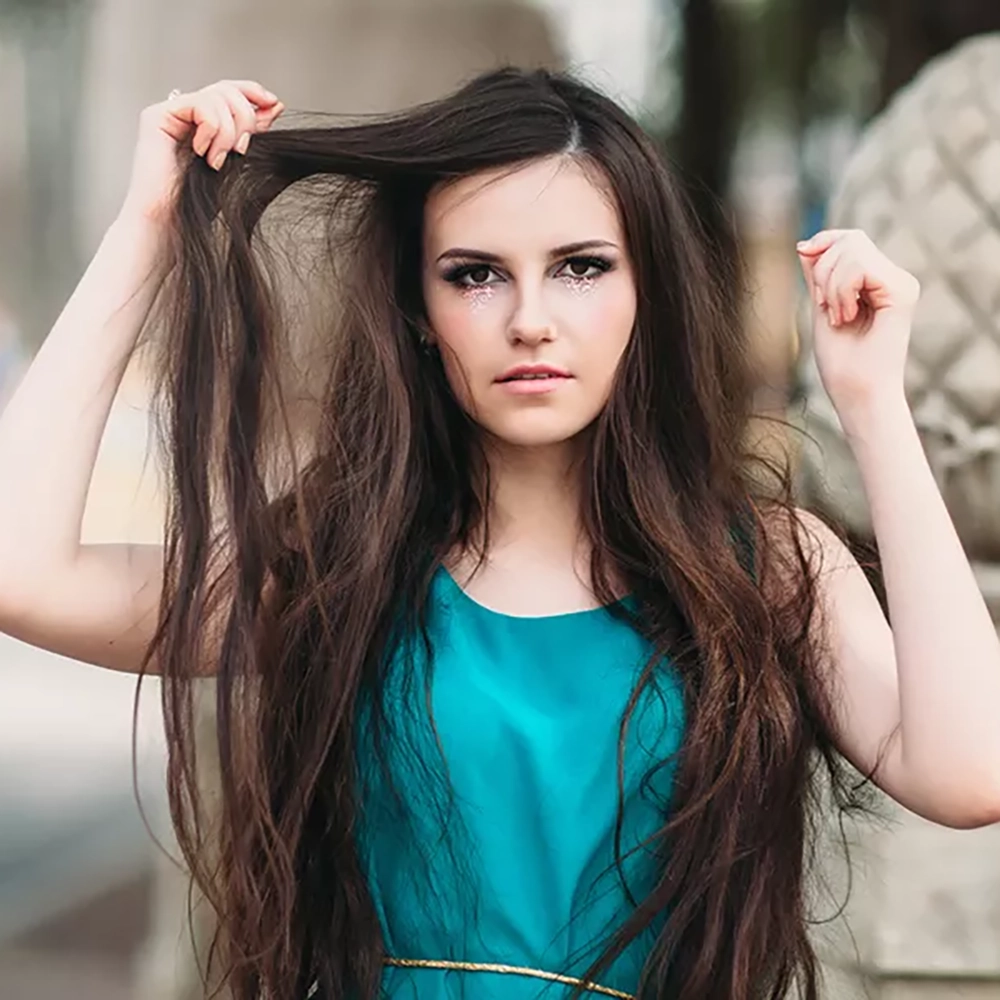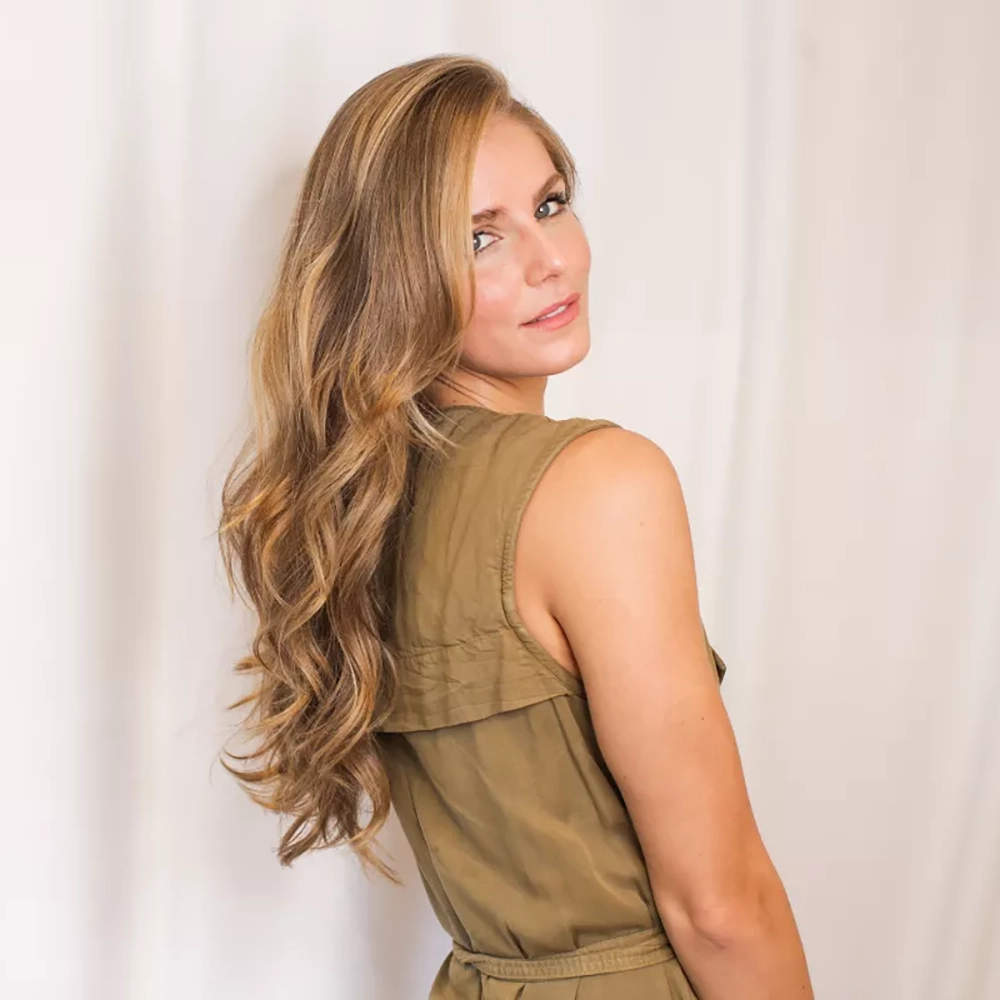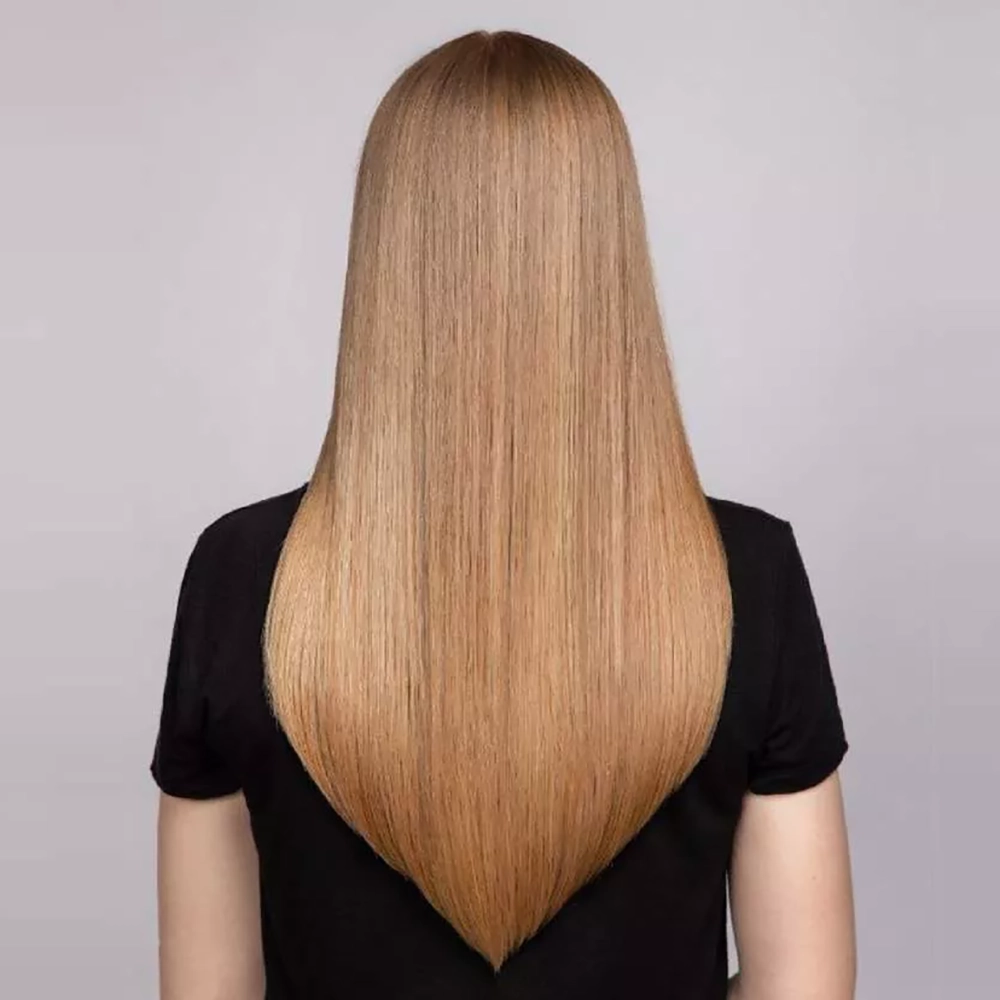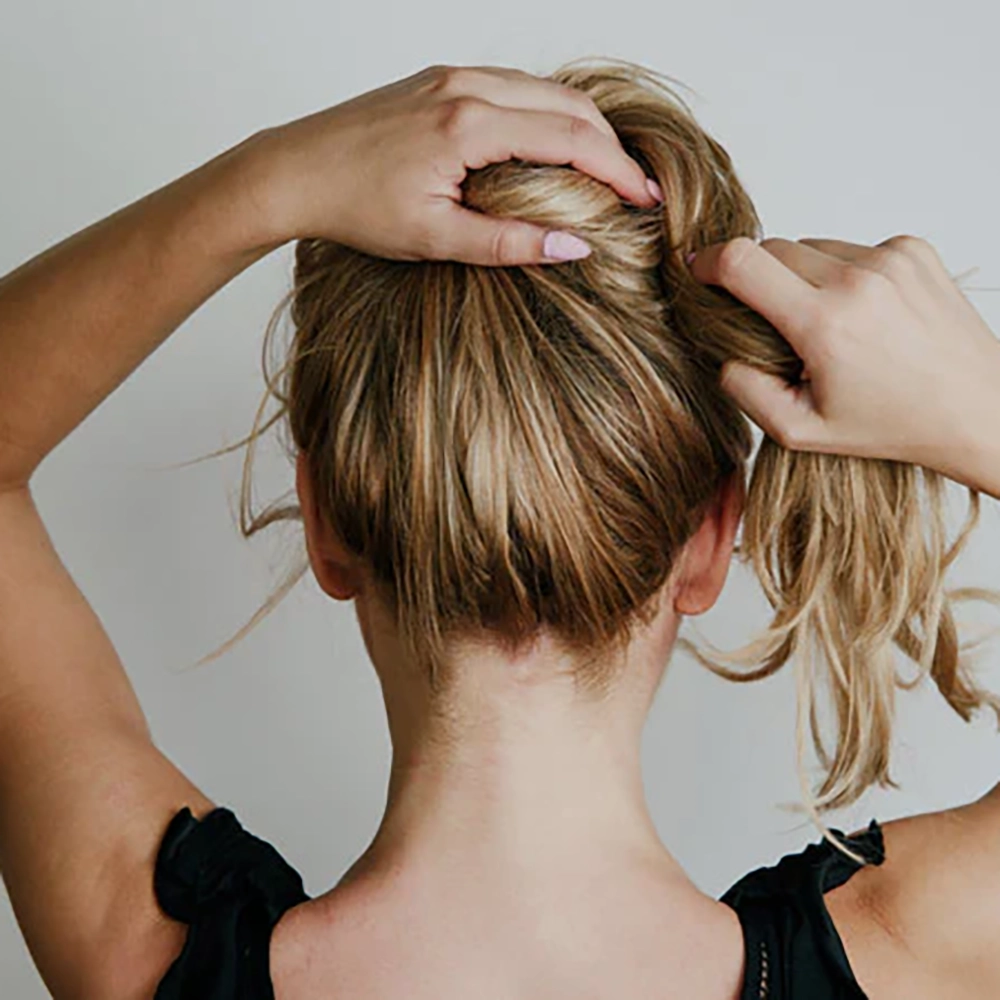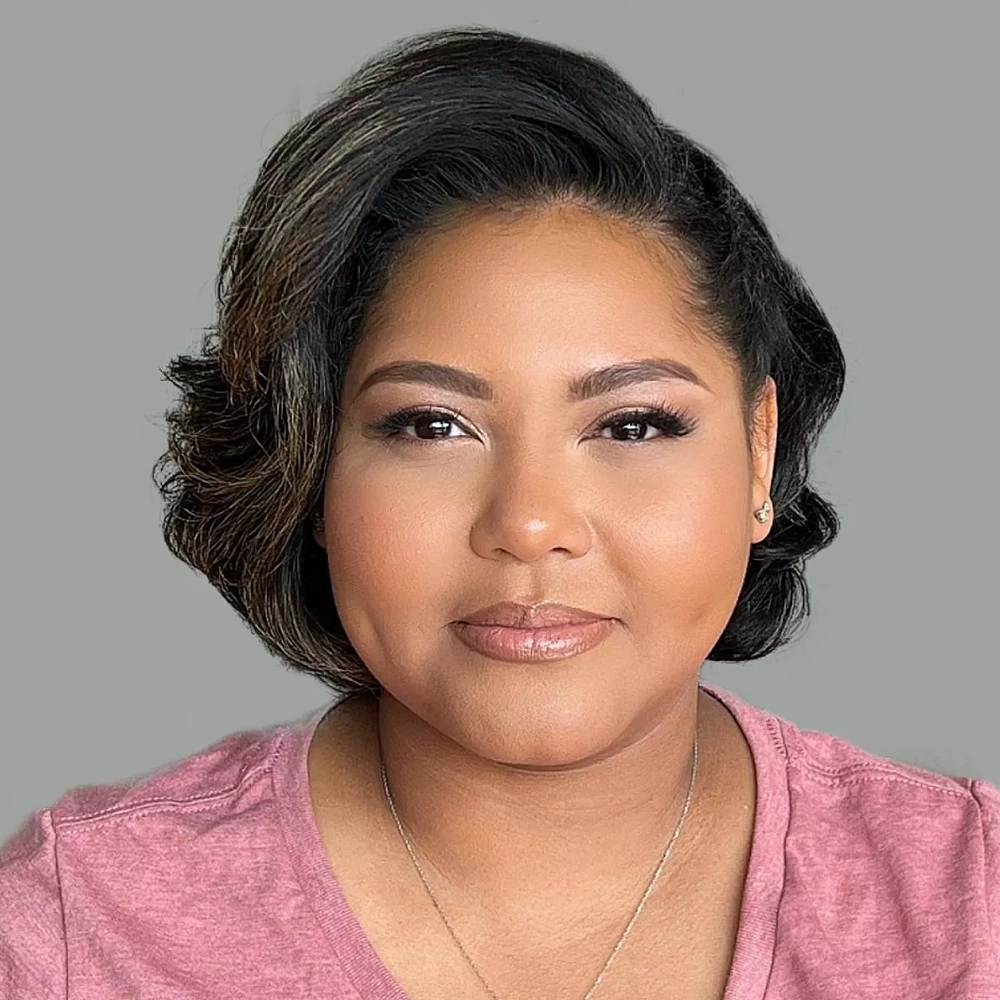Understanding the Hair Growth Cycle
The hair growth cycle is a fascinating and complex process that occurs in three distinct phases: anagen, catagen, and telogen. Understanding this cycle is crucial for those who are looking to maintain healthy and luscious locks.
The first stage of the hair growth cycle is anagen. This is the active growth phase where hair cells divide rapidly and new hair is formed. The duration of this phase can vary from person to person and even from hair to hair on the same individual. On average, the anagen phase lasts for about 2-6 years, although it can be shorter or longer depending on genetics and other factors. During this phase, hair grows approximately half an inch per month.
The second phase of the hair growth cycle is catagen. This is a transitional phase where hair growth slows down and the hair follicle starts to shrink. It lasts for about 2-3 weeks. At this stage, the hair follicle detaches from the blood vessels that nourish it, and the hair stops growing. Only a small percentage of hair follicles are in the catagen phase at any given time.
The final phase of the hair growth cycle is telogen. This is the resting phase where the hair follicle is completely at rest and no new hair is being produced. It lasts for approximately 2-4 months. During this phase, the old hair is shed to make room for new hair growth. It is normal to shed between 50-100 hairs per day during the telogen phase. After this phase, the hair growth cycle restarts with the anagen phase.
Now that we have a basic understanding of the hair growth cycle, let’s dive into some key points and facts about it:
- Hair Growth Rate: As mentioned earlier, hair grows about half an inch per month on average. However, certain factors like genetics, age, and overall health can influence the rate of hair growth.
- Hair Loss: Hair loss can occur when the hair growth cycle is disrupted, leading to excessive shedding or thinning of the hair. Understanding the hair growth cycle can help identify the underlying causes of hair loss and determine appropriate treatment options.
- Ways to Promote Hair Growth: While the hair growth cycle is largely determined by genetics, there are certain steps you can take to promote healthy hair growth. These include maintaining a balanced diet, avoiding excessive heat and chemical treatments, and practicing good hair care habits.
| Phase | Description | Duration |
|---|---|---|
| Anagen | The active growth phase where new hair is formed | 2-6 years |
| Catagen | The transitional phase where hair growth slows down | 2-3 weeks |
| Telogen | The resting phase where no new hair is being produced | 2-4 months |
In conclusion, understanding the hair growth cycle is essential for maintaining healthy and vibrant hair. By knowing the different phases and factors that influence hair growth, you can make informed decisions about your hair care routine and address any potential issues such as hair loss. Remember, proper hair care and a balanced lifestyle can contribute to the overall health and longevity of your hair.
Exploring the Causes of Hair Loss
Hair loss is a common concern for both men and women, and understanding the causes behind it is essential for finding effective solutions. There are various factors that can contribute to hair loss, ranging from genetics to lifestyle choices. In this blog post, we will explore some of the main causes of hair loss and delve into the science behind each of them.
1. Genetics: One of the primary factors that can lead to hair loss is genetics. If your family has a history of hair loss, chances are you may experience it as well. This type of hair loss, known as Androgenetic Alopecia, is more common in men but can also affect women. It occurs when hair follicles are genetically sensitive to dihydrotestosterone (DHT), a hormone that causes hair follicles to shrink and eventually stop producing new hairs.
2. Hormonal Imbalances: Hormonal changes can also contribute to hair loss. Conditions such as pregnancy, childbirth, menopause, and hormonal disorders like Polycystic Ovary Syndrome (PCOS) can disrupt the normal hair growth cycle. These hormonal imbalances can cause hair to enter the resting phase and eventually fall out.
3. Nutritional Deficiencies: A lack of essential nutrients can impact the health of your hair and lead to hair loss. Iron, zinc, biotin, and vitamins D and E are all crucial for maintaining healthy hair growth. Deficiencies in these nutrients can weaken hair strands and result in excessive shedding. Therefore, it is important to maintain a balanced diet rich in these nutrients to promote hair health.
4. Stress and Trauma: Stressful events like physical trauma, emotional stress, or severe illness can disrupt the hair growth cycle and lead to temporary hair loss. This type of hair loss is known as Telogen Effluvium and typically occurs a few months after a stressful event. As the body redirects nutrients and energy towards healing, hair follicles may enter the resting phase, causing hair to shed more than usual.
While these are just a few of the main causes of hair loss, it is important to remember that each individual’s situation is unique. Consulting with a medical professional or dermatologist can help determine the underlying cause of your hair loss and guide you towards the most suitable treatment options.
- Genetics
- Hormonal Imbalances
- Nutritional Deficiencies
- Stress and Trauma
| Cause | Description |
|---|---|
| Genetics | An inherited tendency to lose hair due to sensitive hair follicles. |
| Hormonal Imbalances | Disruptions in the normal hormone levels, which can affect hair growth. |
| Nutritional Deficiencies | Lack of essential nutrients needed for healthy hair growth. |
| Stress and Trauma | Physical or emotional stressors that can interrupt the hair growth cycle. |
Debunking the Myth: Long Hair and Hair Loss
Long, luscious hair has always been considered a symbol of beauty and femininity. Throughout history, women have coveted Rapunzel-like tresses, often believing that long hair signifies good health and vitality. However, there is a common myth that suggests that long hair leads to hair loss. In this blog post, we will debunk this misconception and shed light on the factors that actually influence hair loss.
Firstly, it is crucial to understand the hair growth cycle. Hair naturally goes through different phases, including the anagen (growth) phase, the catagen (transition) phase, and the telogen (resting) phase. During the telogen phase, we may experience hair shedding, which is a normal part of the hair growth cycle. It is important to note that hair loss is a natural occurrence, and the length of your hair does not determine the amount of hair loss you experience.
There are various causes of hair loss, but the length of your hair is not one of them. Some common factors that can contribute to hair loss include genetics, hormonal imbalances, certain medical conditions, and lifestyle habits. These factors can affect the hair follicles and disrupt the normal growth cycle, leading to excessive hair shedding or thinning. It is crucial to address these underlying causes rather than blaming long hair for hair loss.
- Genetics: Family history plays a significant role in determining your susceptibility to hair loss. If your parents or grandparents have experienced hair loss, there is a higher chance that you may also be prone to it.
- Hormonal Imbalances: Fluctuations in hormone levels, such as those that occur during pregnancy, menopause, or thyroid disorders, can cause temporary or permanent hair loss.
- Medical Conditions: Certain medical conditions like alopecia areata or scalp infections can lead to hair loss. It is crucial to seek medical advice to diagnose and treat any underlying conditions.
It is essential to debunk myths and misconceptions about long hair and hair loss. While long hair may require more maintenance and care to keep it healthy and free from damage, it does not directly cause hair loss. Keeping your hair well-nourished, following a balanced diet, avoiding harsh styling techniques, and taking good care of your overall health can help promote healthy hair growth.
| Myths about Long Hair and Hair Loss | Reality |
|---|---|
| Long hair causes hair loss | Long hair does not directly cause hair loss – it is influenced by other factors like genetics and lifestyle choices. |
| Trimming hair stimulates hair growth | Trimming hair regularly helps in removing split ends and maintaining hair health, but it does not directly affect hair growth. |
| Frequently washing hair causes hair loss | Regular hair washing keeps the scalp clean and healthy. It does not lead to hair loss unless accompanied by other underlying causes. |
In conclusion, long hair does not cause hair loss. It is essential to understand the hair growth cycle and the factors that actually influence hair loss. By debunking the myth about long hair and hair loss, we can embrace our beautiful, long locks without worrying about losing them. Remember to focus on maintaining a healthy lifestyle, addressing underlying causes, and nourishing your hair for optimal growth and vitality.
Examining the Factors that Influence Hair Loss
When it comes to hair loss, there are various factors that can influence this common condition. Understanding these factors is crucial in order to effectively address and prevent hair loss. In this blog post, we will examine some of the key factors that can contribute to hair loss and explore their effects on our hair.
1. Hormonal Imbalance: Hormones play a significant role in hair growth and loss. Imbalances in hormones, such as an excess of dihydrotestosterone (DHT) or fluctuations in estrogen and progesterone levels, can lead to hair thinning and shedding. It is important to address any hormonal imbalances through proper medical guidance.
2. Nutritional Deficiencies: Your hair needs a healthy diet to thrive. Deficiencies in essential nutrients like vitamins, minerals, and proteins can weaken hair follicles and result in hair loss. Paying attention to your diet and ensuring a well-rounded intake of nutrients can help promote healthy hair growth.
3. Stress and Lifestyle: High levels of stress can have a negative impact on our overall health, including our hair. Chronic stress can disrupt the hair growth cycle and lead to increased hair shedding. Additionally, lifestyle factors such as smoking, excessive alcohol consumption, and lack of exercise can contribute to hair loss.
4. Environmental Factors: Our hair is exposed to various environmental factors on a daily basis, including pollution, UV radiation, and harsh chemicals. These factors can damage the hair shaft, weaken the follicles, and ultimately lead to hair loss. Taking steps to protect your hair from these environmental stressors can help minimize their impact.
In conclusion, examining the factors that influence hair loss can provide valuable insights into understanding and addressing this common condition. From hormonal imbalances to nutritional deficiencies, and from stress to environmental factors, it is important to take a holistic approach to hair care in order to maintain healthy and vibrant hair.
Dispelling Common Misconceptions about Long Hair
Long hair has always been associated with beauty and femininity. However, there are several misconceptions surrounding long hair. In this blog post, we will debunk some common myths and provide you with the facts about long hair.
Myth 1: Long hair always leads to hair loss
Fact: Many people believe that having long hair increases the risk of hair loss. However, this is not entirely true. Hair loss can be caused by various factors such as genetics, hormonal imbalance, and certain medical conditions. The length of your hair itself does not directly cause hair loss. It is important to take care of your scalp and hair regardless of its length to promote healthy hair growth.
Myth 2: Cutting your hair frequently makes it grow faster
Fact: This is another common misconception. Cutting your hair has no effect on its growth rate. Hair grows from the root, which is located beneath the scalp. Trimming the ends of your hair removes split ends and prevents breakage, which can make your hair appear healthier. However, it does not make your hair grow faster.
Myth 3: Washing your hair frequently causes hair loss
Fact: Washing your hair regularly is essential for maintaining scalp health and removing dirt, oil, and product buildup. While excessive washing can potentially damage your hair, it does not directly cause hair loss. In fact, a clean scalp promotes healthy hair growth. It is important to choose a gentle shampoo and conditioner suited for your hair type and avoid using hot water or harsh chemicals that can cause damage.
By dispelling these common misconceptions, we can better understand and appreciate the beauty of long hair. Remember, taking care of your scalp and hair is the key to maintaining healthy and beautiful long locks.
Tips for Maintaining Healthy Long Hair
When it comes to maintaining healthy long hair, there are several tips and tricks that can help. Taking care of long hair requires a bit of extra effort compared to shorter styles, but the results are well worth it. From proper washing techniques to using the right products, here are some essential tips to keep your long hair looking its best.
First and foremost, washing your hair properly is key to maintaining its health. Long hair tends to be more prone to damage, so it’s important to use a gentle shampoo and conditioner that are specifically formulated for long hair. Avoid using hot water as it can strip the hair of its natural oils and cause dryness. Instead, use lukewarm water and gently massage the shampoo into your scalp, being careful not to tangle or pull on your hair.
Another important tip for maintaining healthy long hair is to brush it regularly. Using a wide-toothed comb or a brush with soft bristles, start from the ends of your hair and work your way up to the roots. This helps to prevent breakage and tangles. Be gentle when brushing and avoid yanking or pulling on your hair, especially when it’s wet as it is more prone to damage.
In addition to proper washing and brushing, using the right products can make a big difference in maintaining the health of your long hair. Look for products that are specifically designed for long hair and contain ingredients that help to strengthen and nourish the hair, such as keratin and argan oil. Avoid using too many styling products as they can weigh down the hair and make it appear greasy. Instead, opt for lightweight serums or oils to add shine and manageability.
- Use a gentle shampoo and conditioner formulated for long hair.
- Avoid using hot water when washing your hair.
- Brush your hair regularly with a wide-toothed comb or a brush with soft bristles.
- Start brushing from the ends and work your way up to the roots.
- Use products specifically designed for long hair that contain nourishing ingredients.
- Avoid using too many styling products that can weigh down the hair.
- Opt for lightweight serums or oils for added shine and manageability.
| Tips for Maintaining Healthy Long Hair: |
|---|
| Use a gentle shampoo and conditioner formulated for long hair. |
| Avoid using hot water when washing your hair. |
| Brush your hair regularly with a wide-toothed comb or a brush with soft bristles. |
| Start brushing from the ends and work your way up to the roots. |
| Use products specifically designed for long hair that contain nourishing ingredients. |
| Avoid using too many styling products that can weigh down the hair. |
| Opt for lightweight serums or oils for added shine and manageability. |
Preventing Hair Loss: Best Practices
Hair loss is a common concern for many individuals, regardless of age or gender. It can greatly impact self-confidence and self-esteem. While some hair loss is natural and a part of the hair growth cycle, excessive or premature hair loss can be alarming. Thankfully, there are several best practices that can help prevent hair loss and promote healthy hair.
1. Maintain a Balanced Diet: The foods we consume play a crucial role in maintaining the health of our hair. A diet rich in vitamins, minerals, and proteins can help promote hair growth and prevent hair loss. Incorporate foods such as leafy greens, nuts, eggs, fish, and lentils into your diet to provide essential nutrients to your hair follicles.
2. Avoid Excessive Heat Styling: Exposing your hair to excessive heat from styling tools like straighteners, curlers, and blow dryers can damage your hair follicles, leading to hair loss. Limit the use of heat styling tools and always apply a heat protectant spray before using them. Opt for natural hairstyles or air-dry your hair whenever possible.
3. Practice Gentle Hair Care: Harsh brushing and styling techniques can cause breakage and weaken the hair shaft. Use a wide-toothed comb or a brush with soft bristles to detangle your hair. Avoid pulling or tugging your hair excessively. Additionally, refrain from tight hairstyles that put pressure on your scalp, such as tight ponytails or buns.
4. Protect Your Hair from Sun and Pollution: Sun exposure and pollution can damage your hair and contribute to hair loss. When stepping out in the sun, wear a hat or use a scarf to protect your hair from harmful UV rays. Similarly, consider covering your hair with a silk scarf or using a hair protectant spray to shield your hair from pollution.
5. Avoid Excessive Chemical Treatments: Chemical treatments like perming, relaxing, or coloring can weaken the hair shaft and contribute to hair loss. If possible, minimize the use of such treatments or choose hair products that are gentle and free from harsh chemicals. Always follow proper instructions and consult a professional stylist for any chemical treatments.
By following these best practices, you can significantly reduce the risk of hair loss and promote the overall health of your hair. Remember that preventing hair loss is a long-term commitment, and patience is key. If you notice excessive hair shedding or any other concerning symptoms, it is advisable to consult a healthcare professional or a dermatologist for personalized advice.


